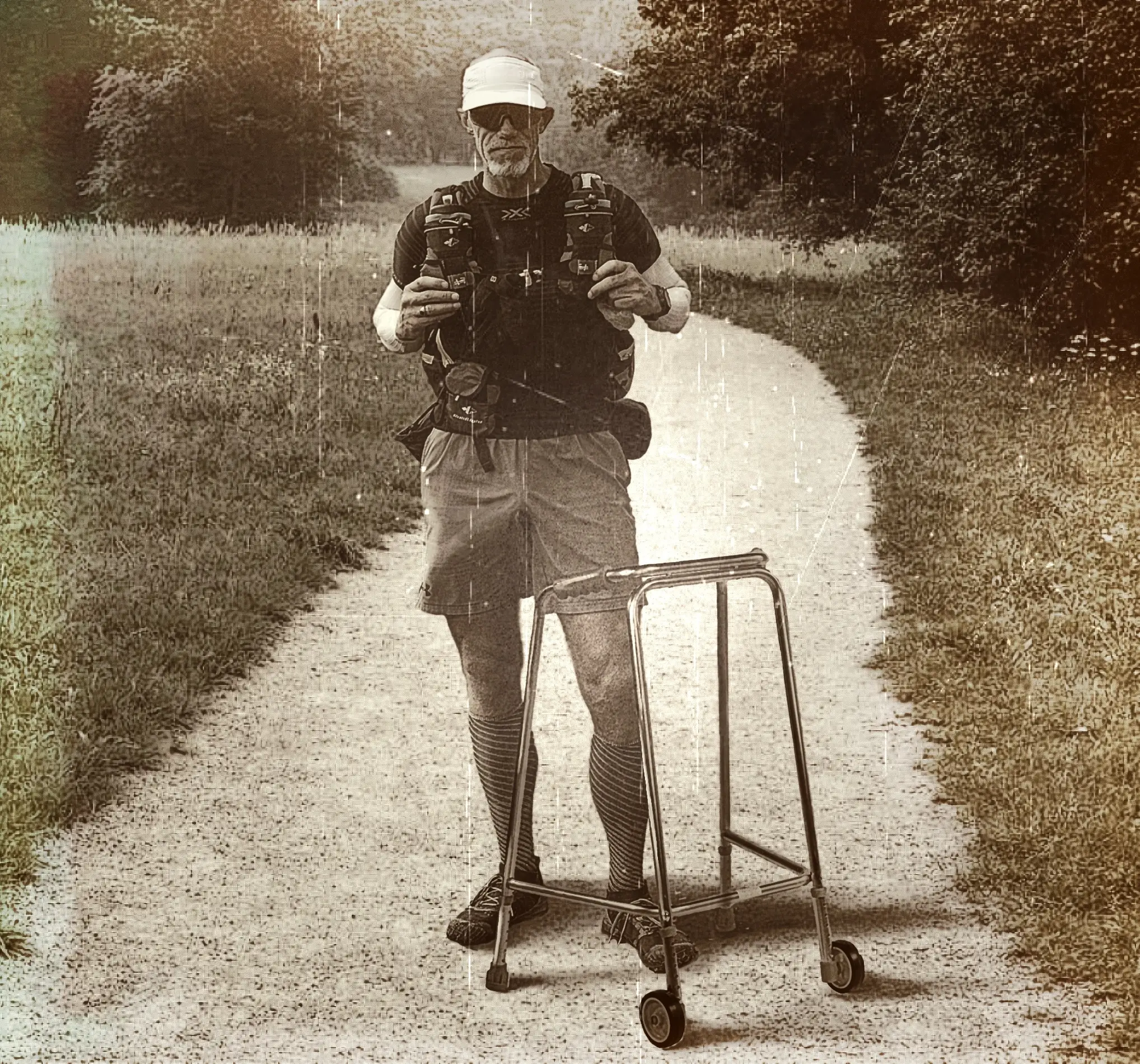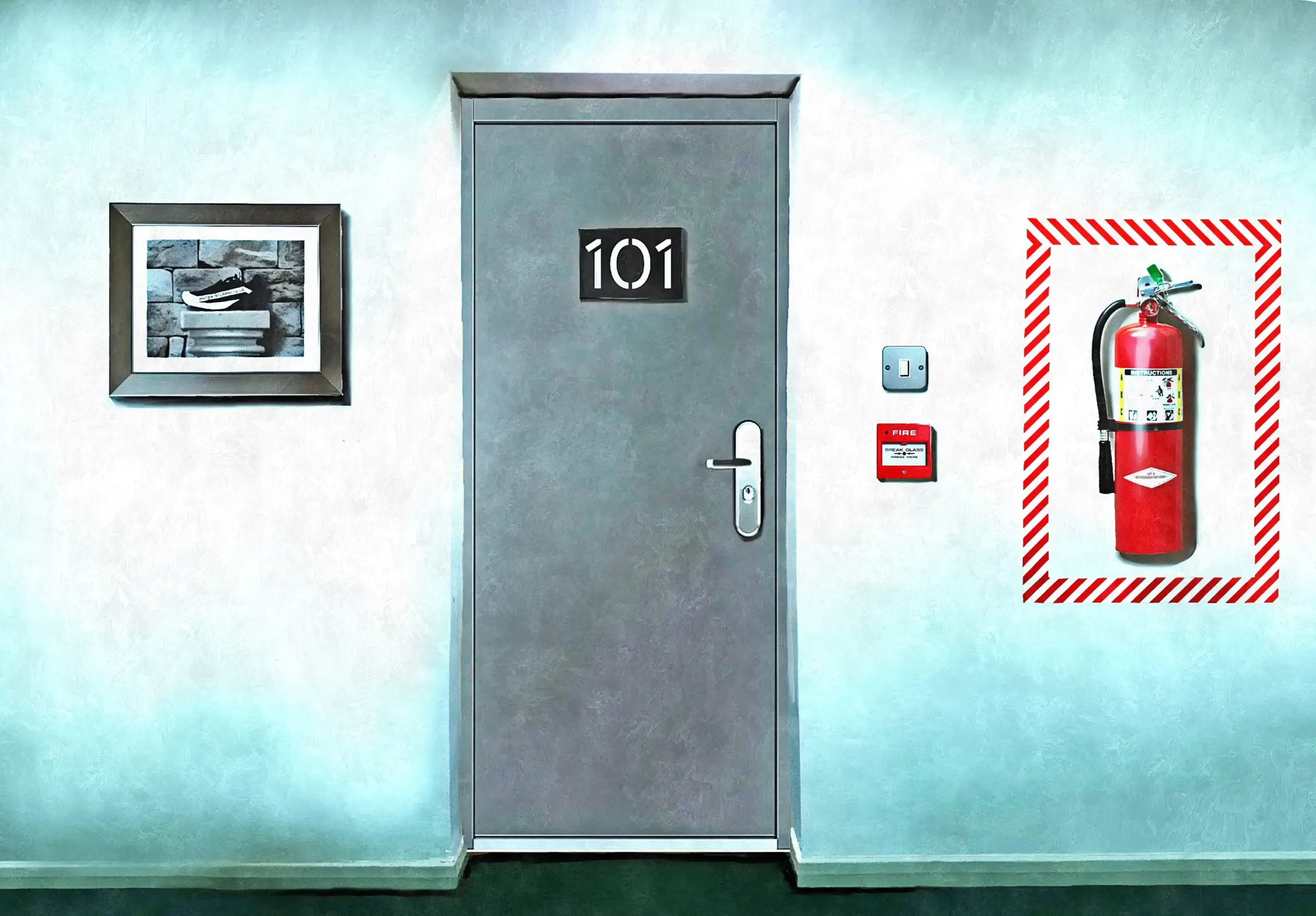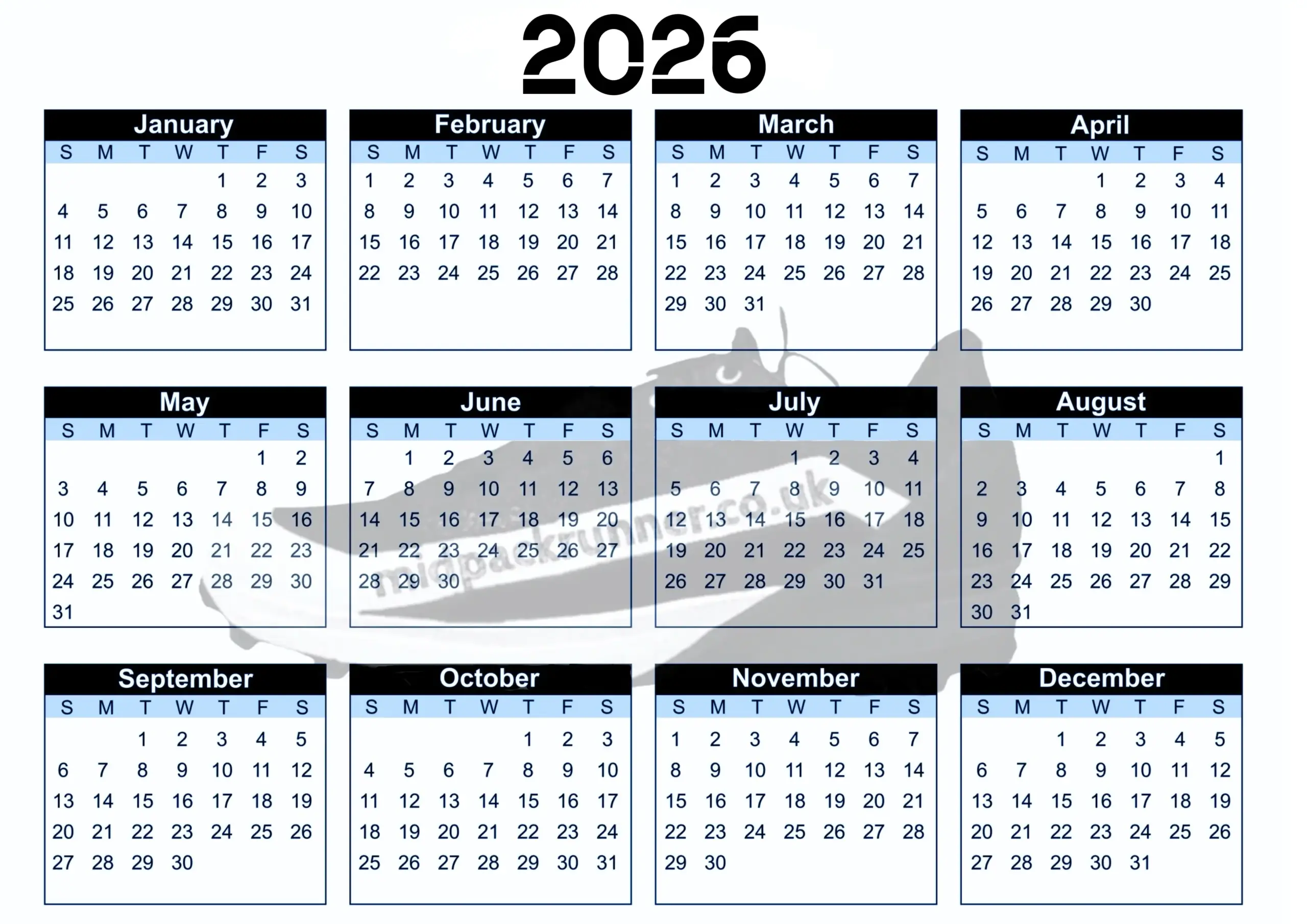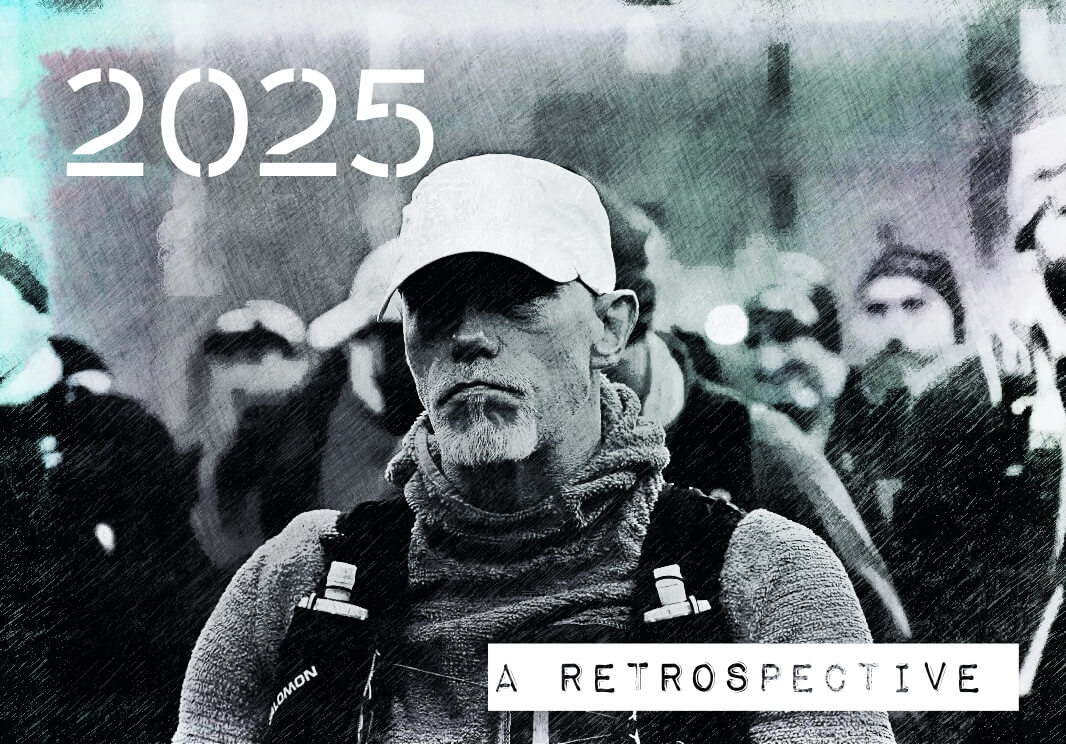Aging gracefully: being an older runner
I finished writing this piece a few weeks ago but I was just going to hang onto it to post at a later date. However, in light of my very recent injury and its consequences for my running plans, it seems both relevant and timely to post it now.
I am now 58 years of age and I have been running again for approximately the last 10 years. I was very active in sports in my teens and early twenties then did nothing for over 20 years, other than do what was required to ensure that I did not accumulate excess body weight. I made a personal undertaking when I was young that I would never allow myself to become fat. I was serious about it then and I remain so.
In my bio on the About page, I introduced how I came back to running in my late 40s with the foolish notion that I could be fast again as I was not a bad runner in my youth. I quickly realised that was not going to happen and the rest of my development as a runner has been explained elsewhere.
For me, coming back to running later in life has been a double-edged sword.
Whilst I am not really one for regrets or for looking back and asking, “What if…?”, I have on occasion wondered what kind of runner I might have been if I didn’t squander over two decades with no meaningful exercise? The fact is that it is simply wasted time to even contemplate as the opportunity has gone and can never be recovered. Besides, countless other circumstances or events could have intervened at any juncture to influence the direction of my life and future. The Butterfly Effect and all that.
There is one significant advantage though. I do not have a long body of running experience against which I must now compare myself, nor have I had to endure the inevitable frustration and de-motivation of performance decline with age.
I recently read a blog from an ultra-runner who was bordering on elite in his youth and into his 30s but is now much older. Unlike many of his peers who drifted away from active competition or serious running, he has persevered but has struggled somewhat to come to terms with drifting back into the mid pack with the rest of us mortals. I greatly admire those who have continued to run through the gradual decline, largely because I am not sure if I would have done so if my circumstances had been very different than they have been.
The positive fact is that my running today is better than it was when I took it up again about 10 years ago, thanks to the training and commitment I have made over that time to improvement and challenging myself. The big question now is how long I can keep it going for?
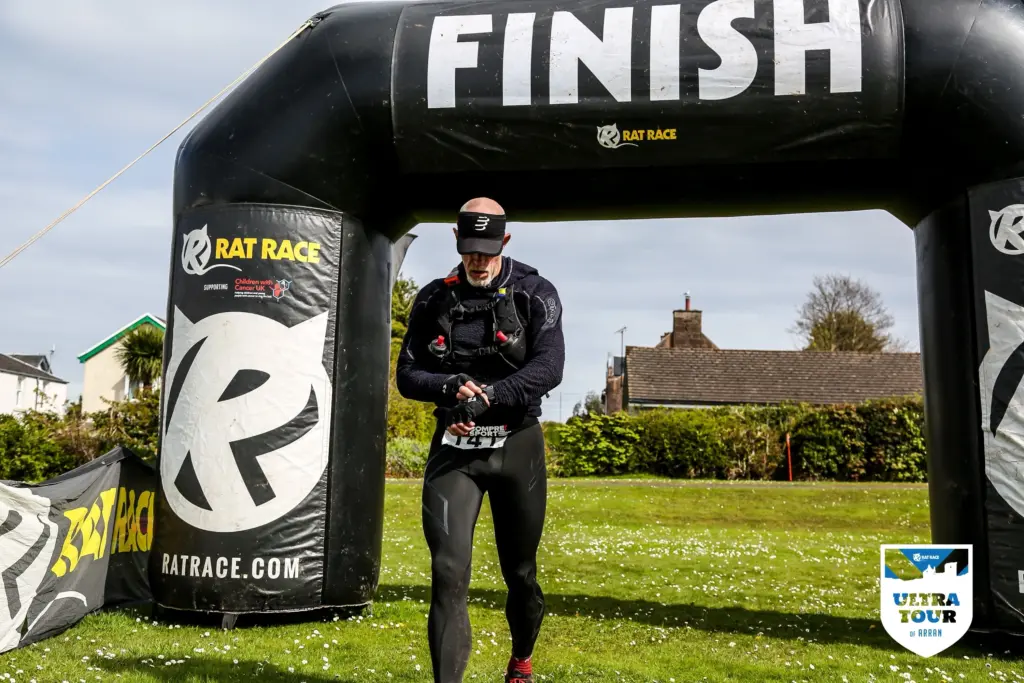
I have done a lot of reading on the effects of increasing age on athletic performance and there seems to be broad agreement on the following.
In terms of running as well as general athleticism, muscle strength and performance can be maintained and even peak into the mid-30s.
From ages 35-60 performance declines at a rate of about 1% per year. From ages 60-70, muscle mass, strength and bone mass start to decline more rapidly, increasingly so after the age of 70.
So, where do I think I am on that timeline and what do I experience as the challenges of being an older runner?
As I have said, I don’t have any evidence to provide for a large chunk of my adult life because I did nothing except smoke and drink excessively. However, I have always been fortunate to have a build and metabolism that has allowed me, with constant self-discipline, to control my body weight so I have never had to lose significant amounts of weight. Thus, I was fortunate that when I started running again in later life, I did not start with the handicap of being overweight.
I’ll never be fast again
The first and most obvious impact is speed. I know how fast I could run in my teens and very early twenties, and I cannot get anywhere near that flat speed now, nor will I ever again regardless of anything I might do. I train hard so why not?
I have already indicated that with increasing age, muscle mass and strength decline. Bone mass starts to decline more significantly from 60 onwards so I am probably OK for now on that score but along with muscle decline, there are corresponding changes in the density of tendons, ligaments and other connective tissues between muscles. These all become more rigid, and I am most certainly in that territory!
This all manifests in a reduction in overall mobility, in suppleness and certainly as a runner in reduced stride length and flexibility. I know I should stretch more but aside from that, I am starting to make more involuntary, geriatric noises when I move about and some mornings I have to sit down to put my socks on! It most certainly affects my distance running as my leg muscles start to stiffen and tire a lot sooner than I would like and what may feel like a quick and lengthy running stride is really nothing of the kind.
I still vary my training and do plenty of shorter tempo runs in addition to distance work. I have no statistical benchmarks for speed because I don’t run defined short distances for PBs. On a good day and a flat course, I think I could run somewhere around a 21-minute 5K which is certainly nothing to write home about. Probably somewhere sub-50 minutes for a maximum effort 10K? Who knows and in fact, who cares? Not me anyway as I am not that kind of runner.
A rounded approach to fitness
I still do weight training, simply because I genuinely enjoy it and I want to maintain some semblance of strength and a physique as well as enjoying my running. I suppose it is also a bit of a throwback to the bodybuilding days of my late teens and early twenties. However, at my age and with pitiful testosterone levels, I am now past the stage whereby I can increase muscle mass or strength in any meaningful way. That can be frustrating but on the other hand, I don’t really need or want to be bigger.
The best I can now do is try to maintain what I have and slow my general physical decline as effectively as I can. The other motivating factor, aside from genuine enjoyment, is the knowledge of how fast I might decline now if I stopped the weight training.
I’ll talk about training frequency and intensity shortly but as an older runner, I do need to be more mindful of the increasing likelihood of injury and be more in tune with my need to recover sufficiently.
Reduced co-ordination and increased risk aversion
As a trail runner, there are other impacts that start to emerge with age, in my experience. There are some inevitable cognitive declines, most specifically in terms of balance, reactions, judgement of space and overall co-ordination. It is on technical trail, descents in particular, where I really feel the difference and have to compensate for it.
With continual practice, I can still move and descend pretty well on technical ground, but I have had my share of falls and I am acutely aware of how much concentration I need to apply. I think maturity and life experience also magnify these impacts as I am probably not alone when I admit that my appetite for risk is much reduced as I get older.
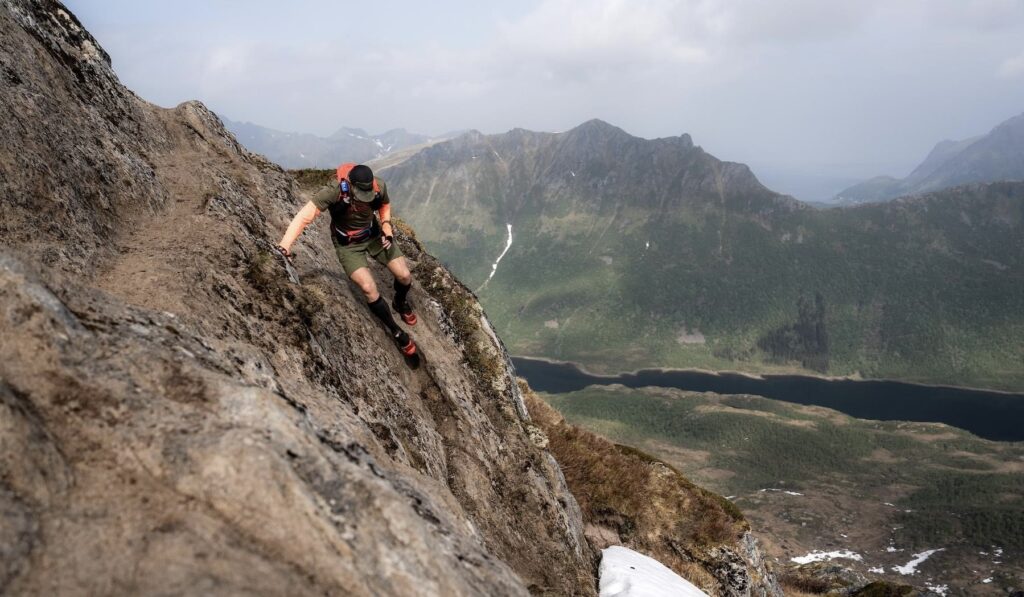
I have fallen many times in recent years. Many were very painful, and one in particular caused me a permanent disability that I just need to work around. Looking back on my own experience and general observation, I think most young people accept risk far more readily. In reality, I think they don’t even consider it much of the time at all.
I watch a lot of the Golden Trail World Series races and I both marvel and wince at the speed and abandon with which the elite runners negotiate and descend steep, rocky terrain. However, no one is immune from danger and Hillary Allen’s awful accident in Tromso in 2017 is a rare but stark example of how badly it can go wrong.
I try not to let them impede me too much, but risk and potential consequences are never absent from my thoughts when I am running on more challenging terrain.
Longevity and teasing out small improvements
Before it all sounds too depressing and gloomy, it most certainly isn’t. Whilst I still think I can tease out small improvements for a little while yet, I am very satisfied overall with how I perform and what I am capable of at my age. I still stack up OK by comparison with running peers in all age groups and my abilities are frankly light years ahead of most of the general population of my age.
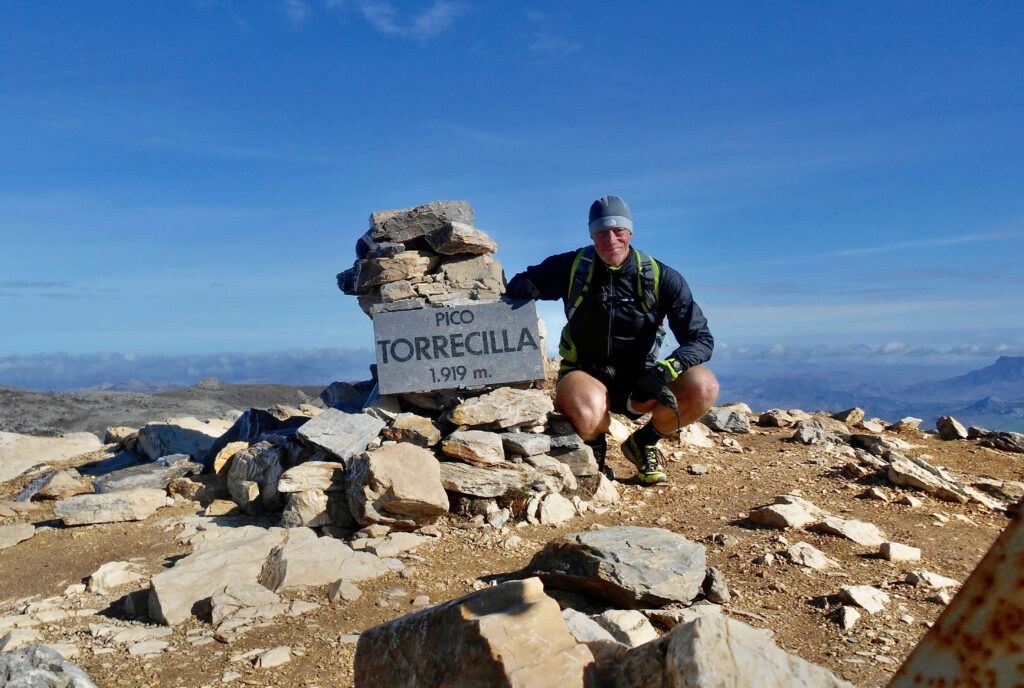
With due care and a measured approach, I think I still have a good number of years of quality running ahead of me. I mentioned earlier that I believe that my running is as good now as it has been at any point in the last ten years. However, I think I need to recognise that although I can still consolidate in terms of longer distance endurance and climbing ability, I have effectively reached the peak of my performance. I think that is realistic rather than any kind of admission of defeat and my main focus now should be on longevity and staying injury-free.
How can one promote longevity?
All of that being the case, what is my approach to training and longevity as an older runner and what might I recommend to others in the same boat?
I think the first important consideration relates to the frequency and intensity of training.
I haven’t read anything that indicates that older runners should reduce the intensity of their training and I haven’t done that. However, I have reduced the frequency. I would love to run five or even six times a week, but I know that I shouldn’t. It would massively increase the likelihood of overtraining injury. With fairly rare exceptions (stage runs/races and fastpacking), I generally do not run more than three times a week. I need my recovery time, not just to avoid injury but to continue to maximise my chances of improvement.
Despite this approach, setbacks still occur as indeed happened just before my USA running trip, leading to me cancelling the trip. Injuries happen to all runners at some time, but the wear and tear of age only serve to heighten the risks.
An intuitive approach: listen to what your body is telling you
I adopt an intuitive approach to my training and tailor it throughout the year dependent on what type of events or races are in the offing. I ensure that my training is varied. I also try to ensure that quality is a feature of all my training. I may train less but when I do, I try to ensure that the type and intensity of my training have as much value as possible and that my workouts are tailored towards any upcoming goals.
By adopting a more flexible approach to training, I don’t feel too bad if I change plans and take an extra day or so for recovery after a more intense effort. Defined personal or coach-driven training plans are all very well but there can be no better feedback a lot of the time than the way you feel yourself, provided you maintain motivation throughout. I haven’t always been good at this, but I am definitely getting better.
I am getting better at dealing with or even preventing injuries. I think a few years ago, I would have persevered with a run even if some precursor warned me of an impending malfunction or injury. Now, I back off or take some mitigating action. Sometimes, I stop if I can. Even then, that can’t prevent an injury which occurs without warning.
I have put more emphasis on sports massage and therapy in recent years, not just as a tool in injury recovery but as another means of maintaining my body as best I can.
A holistic training approach
Cross training is also important, I think. I enjoy weight training, and I build this around my running, for both lower and upper body. I know very well that I could probably run a little quicker over distance if I reduced my overall body mass, but I don’t care. I love running but I also want a more rounded approach to my overall health and fitness. Regardless of personal likes, I do think that all aging athletes would benefit from some full body strength training given the declines that otherwise accelerate with time.
Others build in other sports which is absolutely recommended. I enjoy swimming but don’t really do much anymore. I don’t cycle. Except for triathletes, cycling is the fallback pastime for people who are too lazy to run. I’ll stand well back now that I have lit that touch paper!
I have already said that I should stretch more, and I actually need to take that more seriously rather than just writing it down! I am sure there would be great benefits to some other complementary disciplines such as yoga or Tai Chi, but I am just not sure I could achieve the tie dyed, harem pant wearing, wholefood-eating vibe required to get involved.
Thoughtful race selection
If you have read my other musings, you will know that this has become increasingly important to me. Whilst I am still open to trying new things and different challenges, I am also at a stage that I have a pretty good idea of what works for me and what doesn’t.
I am convinced that the key to longevity is continued enjoyment. That is not to say that running should just be comfortable or easy, but it should not become an obligation or a chore. If your running has become a chore then it might not be your passion that is the problem. It might simply be that you are doing the wrong things or have become stale in your approach to your running.
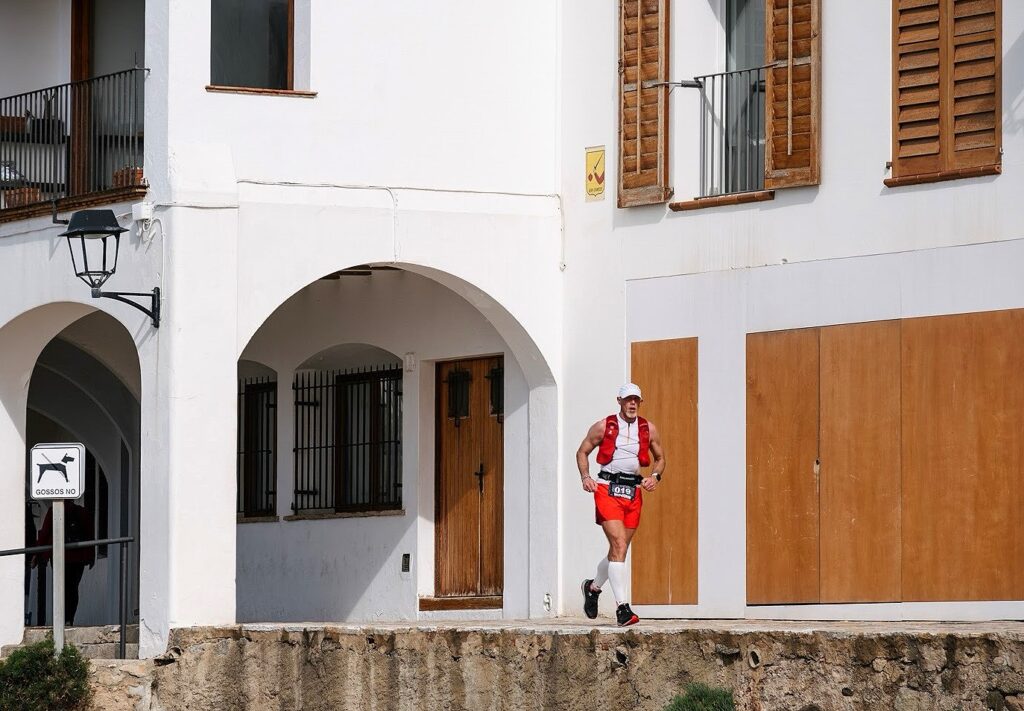
Challenges are crucial to progression, motivation and sense of reward be they in the form of structured races or otherwise. I do however think it is possible to do the wrong things which can be de-motivating and self-defeating, if repeated too often. However, if you think that doing things that you don’t enjoy will make you a better person, then just ignore me and crack on.
I think I am at a point whereby I know where my skills are best applied and where I feel I will extract the greatest sense of satisfaction and accomplishment by succeeding.
As I have hopefully made clear elsewhere, I know there are aspects of running that are not for me so there is no meaningful reason for me to go there. It will not make me a better person. If there ever was a best version of myself, I think he has come and gone.
If you are in your teens or twenties and not sure of what kind of runner you are, try everything that comes along until you find your niche. You have time, although it will evaporate much quicker than you possibly imagine! I was watching one of my preferred YouTubers the other day and she was aghast, at the age of 22, how quickly her life was flashing by. I had to chuckle.
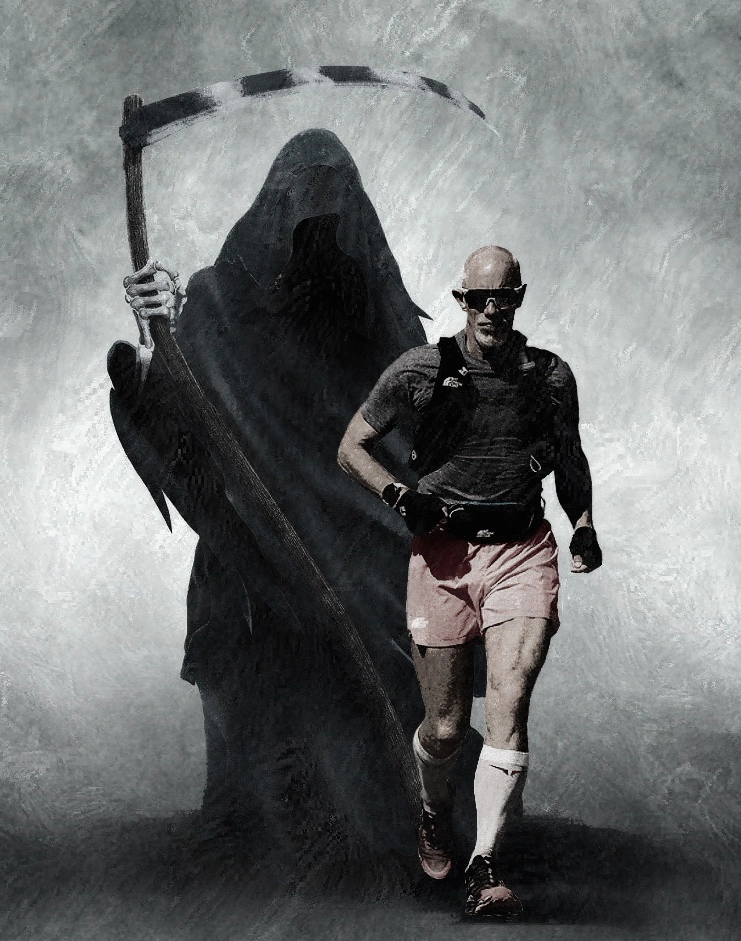
I am on short, if not borrowed time and my finances are not bottomless. I continue to identify challenges but ones that are hopefully realistic and within my own parameters of potential achievement. I have a couple of significant and very challenging races ahead later this year, but hopefully ones that I will succeed at and enjoy. However, I need to choose wisely as the next few years tick by. I don’t want to be melodramatic, but I now regard every year of running as a gift and I need to make the most of the remaining opportunity I have open to me.
At some point in the future, I will make the decision to retire from races. In an ideal world I will get to make that decision rather than having it made for me. However, I hope I will continue to run thereafter for nothing more than the health benefits and most importantly, the enjoyment.

